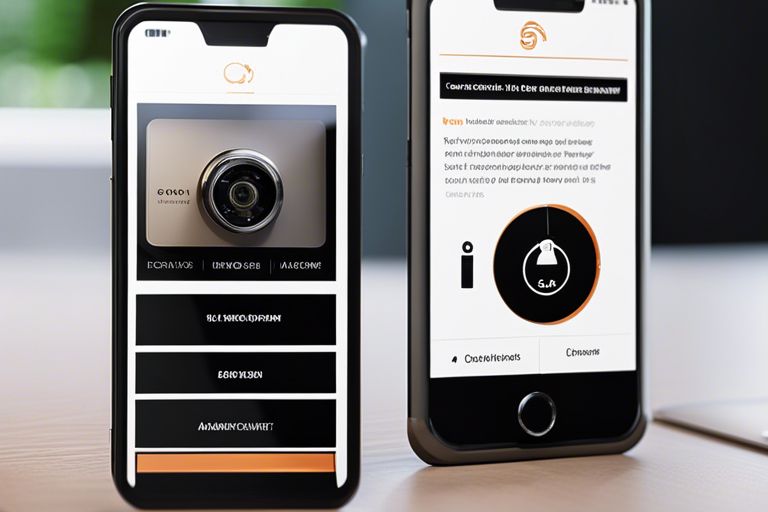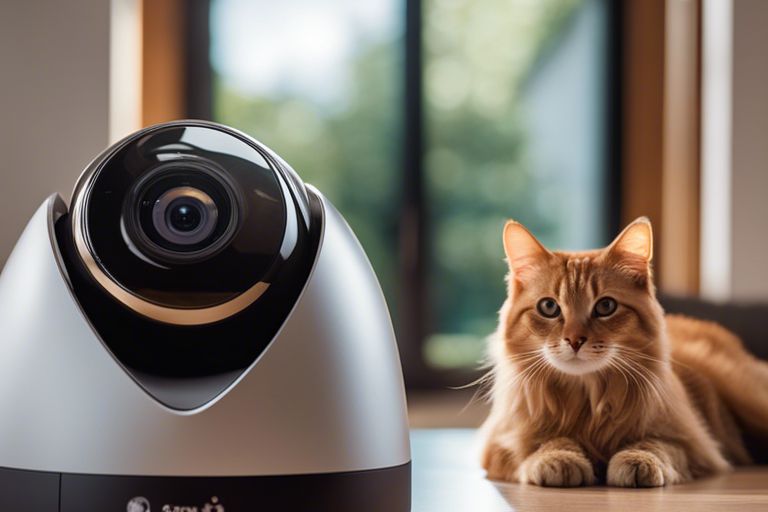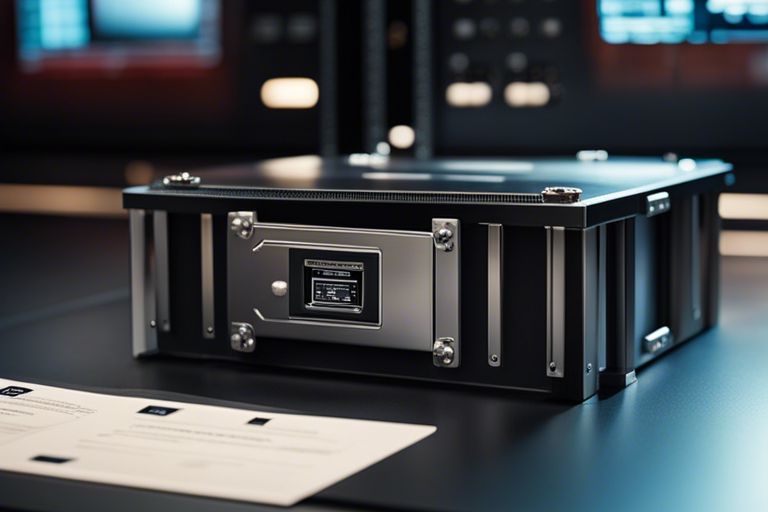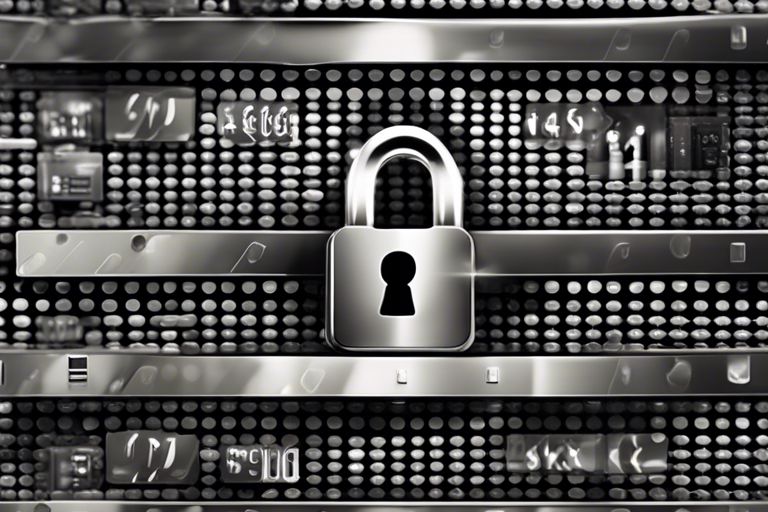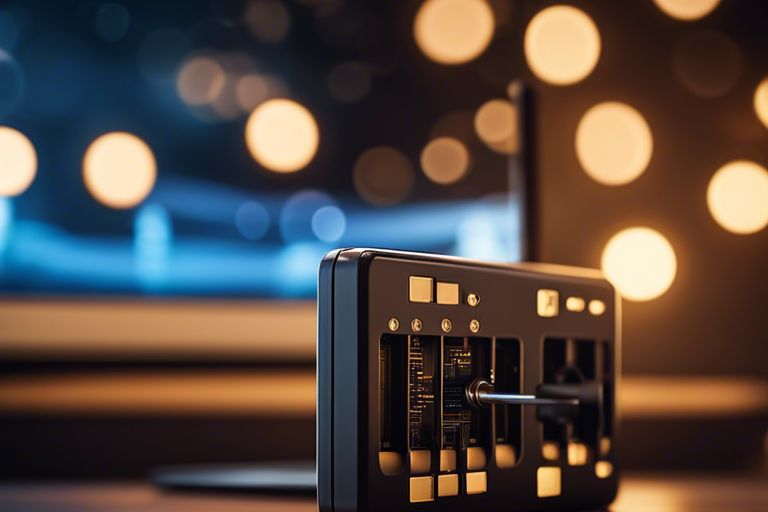In today’s world, security is one of the major concerns for individuals and businesses alike. With the increasing rates of theft and burglary, security cameras have become a necessity for ensuring the safety of one’s property. However, choosing the right security camera for your home or business can be a daunting task, given the various types of cameras available in the market. In this article, we will provide you with a complete guide to choosing the best security cameras for your home or business.
Types of Security Cameras
Before choosing a security camera, it is essential to know the various types of cameras available in the market.
Wired Security Cameras
Wired security cameras are connected to a central recording device through wires. They are a reliable option and are suitable for large properties that require multiple cameras. However, the installation process for wired cameras is more complicated, and it requires professional installation.
Wireless Security Cameras
Wireless cameras use Wi-Fi to transmit video footage to a recording device or the cloud. They are easy to install and provide flexibility in terms of placement. However, they require a stable Wi-Fi connection and may be affected by interference from other electronic devices.
Indoor Security Cameras
Indoor security cameras are designed for indoor use and are suitable for monitoring indoor areas of your home or business. They are available in both wired and wireless options and offer various features such as motion detection and night vision.
Outdoor Security Cameras
Outdoor security cameras are designed to withstand harsh weather conditions and are suitable for monitoring outdoor areas of your home or business. They are available in both wired and wireless options and offer various features such as motion detection and night vision.
PTZ Cameras
PTZ (Pan-Tilt-Zoom) cameras allow you to pan, tilt, and zoom in on specific areas of your property. They are suitable for large properties and are available in both wired and wireless options.
Dome Cameras
Dome cameras are designed to be discreet and are suitable for indoor and outdoor use. They are available in both wired and wireless options and offer various features such as motion detection and night vision.
Bullet Cameras
Bullet cameras are designed to be visible and act as a deterrent to potential intruders. They are suitable for outdoor use and are available in both wired and wireless options.
Hidden Cameras
Hidden cameras are designed to be discreet and are suitable for covert surveillance. They are available in both wired and wireless options and can be installed in everyday objects such as clocks and smoke detectors.
IP Cameras
IP (Internet Protocol) cameras are connected to the Internet and can be accessed remotely. They are available in both wired and wireless options and offer various features such as motion detection and night vision.
Analog Cameras
Analog cameras are the traditional CCTV cameras and are connected to a recording device through wires. They are suitable for large properties that require multiple cameras and are a reliable option.
Factors to Consider While Choosing Security Cameras
When choosing security cameras for your home or business, there are several factors that you should consider.
Resolution
The resolution of a security camera refers to the number of pixels in the video footage. Higher-resolution cameras provide clearer images and are suitable for identifying people and objects. However, higher-resolution cameras also require more storage space.
Field of View
The field of view of a security camera refers to the area that the camera can capture. Cameras with a wide field of view are suitable for monitoring large areas, while cameras with a narrow field of view are suitable for monitoring specific areas.
Night Vision
Night vision is an essential feature for security cameras that are used in low-light conditions. Cameras with infrared sensors provide clear images in the dark.
Motion Detection
Motion detection is a feature that allows the camera to detect motion and trigger recording. Cameras with motion detection are suitable for monitoring areas that are not constantly in use, such as storage rooms.
Storage
Storage is an essential factor to consider when choosing a security camera. Cameras with local storage store video footage on a memory card, while cameras with cloud storage store footage on remote servers. Cloud storage is more secure, but it requires an internet connection.
Audio Capability
The audio capability is a feature that allows the camera to record sound. Cameras with audio capability are suitable for monitoring areas where sound is essential, such as baby rooms.
Smart Home Integration
Smart home integration is a feature that allows the camera to connect to other smart home devices such as Amazon Alexa or Google Assistant. Cameras with smart home integration offer greater flexibility and convenience.
Weather Resistance
Weather resistance is an essential feature of outdoor security cameras. Cameras with weather resistance can withstand extreme weather conditions such as rain and snow.
Installation and Maintenance
Once you have chosen the right security cameras, it is essential to ensure proper installation and maintenance. Wired cameras require professional installation, while wireless cameras can be installed by anyone. Regular maintenance is essential to ensure that the cameras are functioning correctly and that the footage is being stored securely.
Conclusion
Choosing the right security cameras for your home or business can be a daunting task, but it is essential for ensuring the safety of your property. By considering factors such as resolution, field of view, night vision, motion detection, storage, audio capability, smart home integration, and weather resistance, you can choose the right cameras for your needs. Proper installation and maintenance are essential to ensure that the cameras are functioning correctly and that the footage is being stored securely.
FAQs
Can I install security cameras myself?
Wireless cameras can be installed by anyone, but wired security cameras require professional installation. It is essential to ensure that the cameras are installed correctly to ensure that they function correctly.
Do security cameras come with warranties?
Yes, most cameras come with warranties that cover defects in materials and workmanship. It is essential to read the warranty carefully before purchasing the cameras.
Can I use security cameras for monitoring my business remotely?
Yes, cameras with internet connectivity can be accessed remotely, allowing you to monitor your business from anywhere.
Do security cameras record continuously?
Some cameras can record continuously, while others only record when motion is detected. It is essential to choose the right camera for your needs.
How much should I budget for security cameras for my home or business?
The cost of cameras varies depending on the type of camera, the features, and the number of cameras required. A basic wired camera system can cost around $100, while a more advanced wireless system can cost upwards of $500. It is essential to budget accordingly based on your needs and requirements.


